Through a radical restructuring of its business model starting in 2019, Deutsche Bank has seemingly recuperated from a decade of profitability struggles by drastically cutting costs, axing roughly 20% of its global workforce, and successfully generating a profit in 10 consecutive quarters.
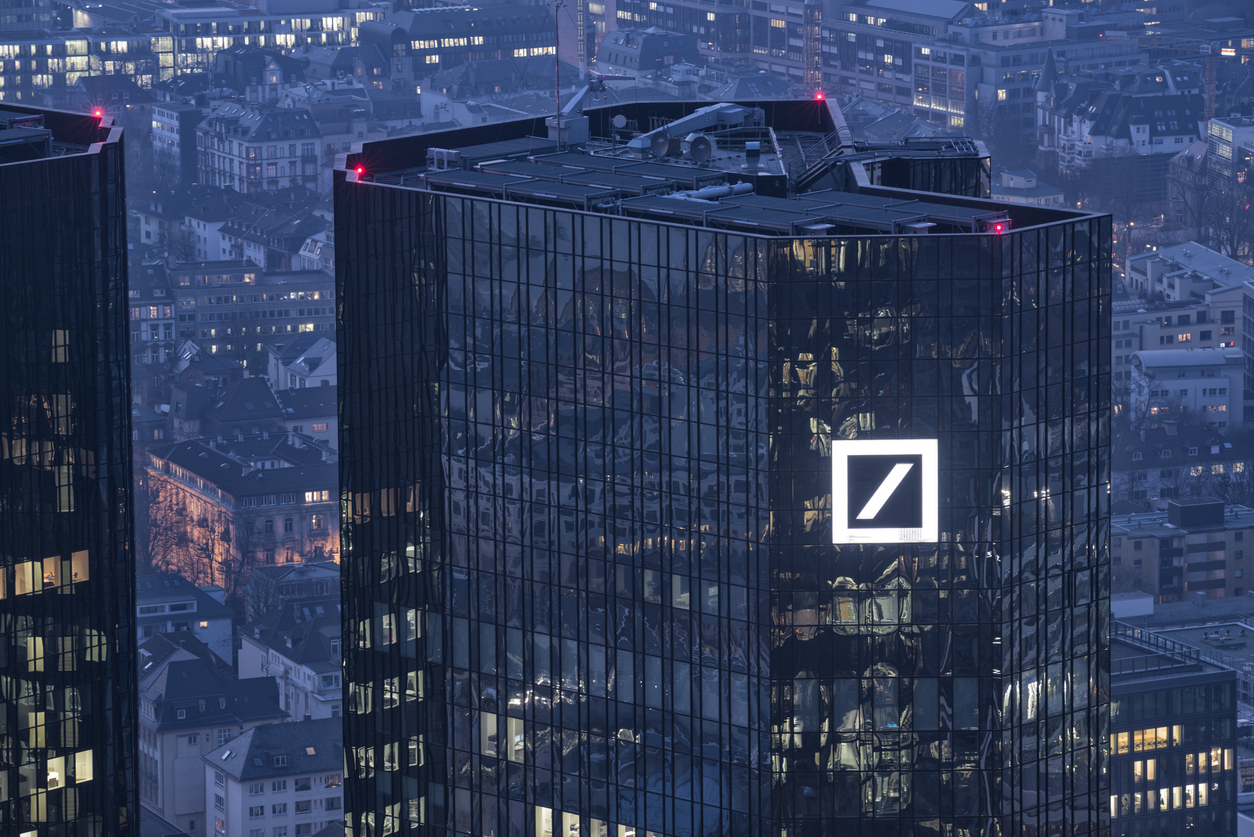
However, with the sudden failures of mid-sized American banks Silicon Valley Bank and Signature Bank along with banking giant Credit Suisse in March jolting global financial stability, investors are all asking one question: is Deutsche Bank the next falling domino?
What’s happening with Deutsche Bank
As fear pervades among investors amid the bank collapses, Deutsche Bank shares fell by as much as 14%. Their Additional Tier 1 bonds also fell by nearly 6 cents to 70.054 cents on the dollar which pushed the yield up to 27%, almost triple what it was two weeks ago.
Alongside the risk of contagion, this dramatic response by investors has been credited to the cost of insuring Deutsche Bank’s debt against default spiking to four-year highs. Deutsche Bank’s credit default swaps shot above 220 basis points from 142 basis points in just two days. In particular, the rapid selloff of AT1 bonds is likely exacerbated by the USD 17bn wipeout of AT1 bonds as FINMA announced that the UBS takeover “will trigger a complete write-down of the nominal value of all AT1 debt of Credit Suisse.” The rapid increase in default insurance costs and eradication of AT1 bonds from bondholders instigated a rapid succession of shares being sold.
Why Deutsche Bank won’t fall
Former Credit Suisse Group CEO Tidjane Thiam stated that the recent volatility in securities linked to Deutsche Bank was solely driven by financial speculators rather than the Deutsche Bank’s fundamentals. Unlike Credit Suisse who lost 7.3bn Swiss francs in 2022, Deutsche Bank announced its highest annual profit, both before and after tax, since 2007 last year. In total, the 2022 profit before tax was EUR 5.6bn, which is up 65% over 2021.
Furthermore, research firm Autonomous said in their report that “We have no concerns about Deutsche’s viability or asset marks.” They highlighted that Deutsche Bank is “solidly profitable,” forecasting positive growth with a return on tangible equity of 7.1% for 2023 and 8.5% by 2025.
Over the last several years, Deutsche Bank has proven too its capabilities of growing as measured by the key metrics of return on tangible equity (RoTE) and cost/income ratio (CIR). Across all four core divisions, a higher RoTE and lower CIR were experienced compared to the pre-structured 2018 model. As a result, at the end of 2022, rating agency Moody’s upgraded all of Deutsche Bank’s long-term ratings by one notch, with long-term deposit ratings and senior unsecured debt ratings both upgraded from A2 to A1.
Regarding liquidity, Deutsche Bank is again a strong performer. In their 2022 annual report, they report EUR 256bn in liquid assets. From a liquidity coverage ratio perspective, this liquidity is a EUR 64bn surplus above regulatory requirements. The liquidity levels would allow Deutsche Bank to cover roughly 40% of deposits or 20% of total assets under management.
Even when evaluating the risk of a bank run, which is what most investors are fearing and even anticipating, Deutsche Bank looks robust with its EUR 621bn of deposits. Historically, Deutsche Bank has a strong record of sticky and stable depositors. This differs significantly from Silicon Valley Bank, where roughly 25% of depositors left in one day. For example in 2016, when Deutsche Bank was heavily fined and criticised across all major headlines for their involvement in the 2008 mortgage crisis, deposits remained resilient – deposits only fell by EUR 16bn to EUR 550bn.
Although Deutsche Bank has experienced a rocky recovery, there have been very few criticisms since the completion of its restructuring. As such, Deutsche Bank is unlikely to fall under the banking pressure and, if anything, will continue its recent growth and profitability.






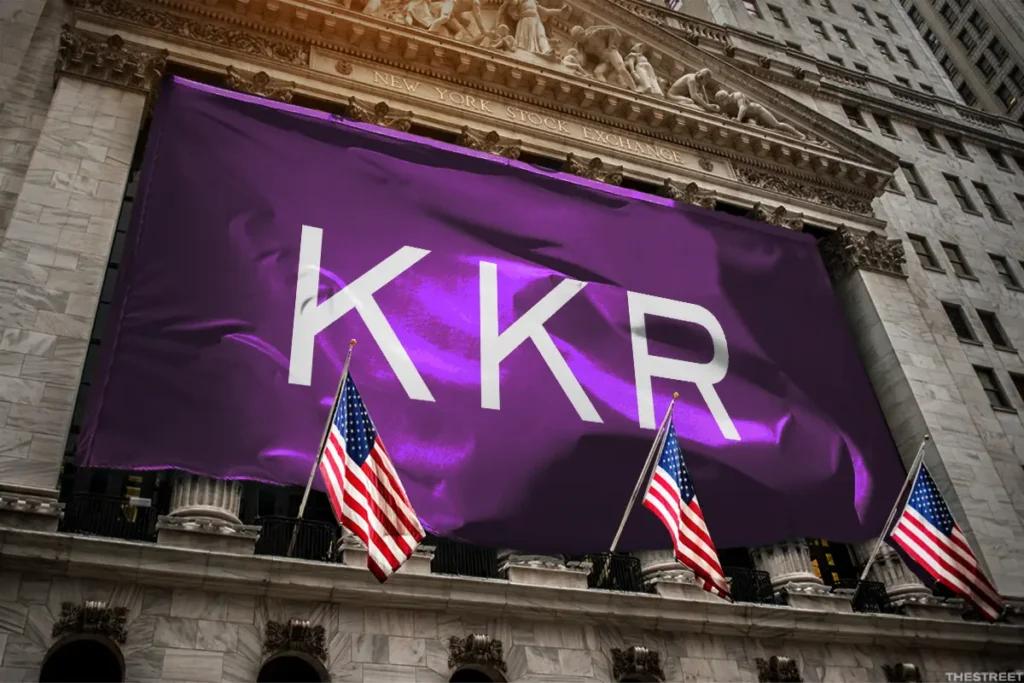
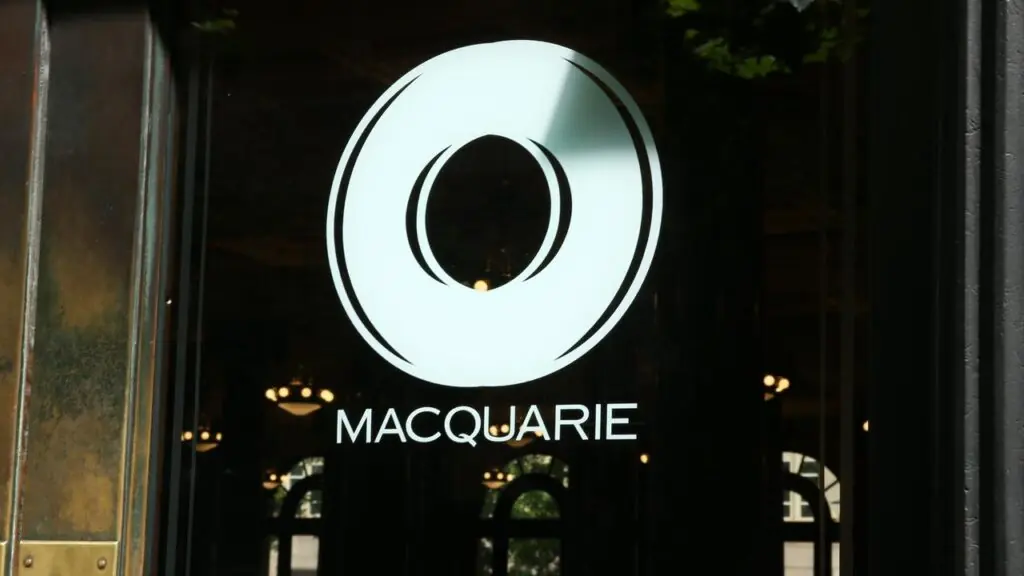

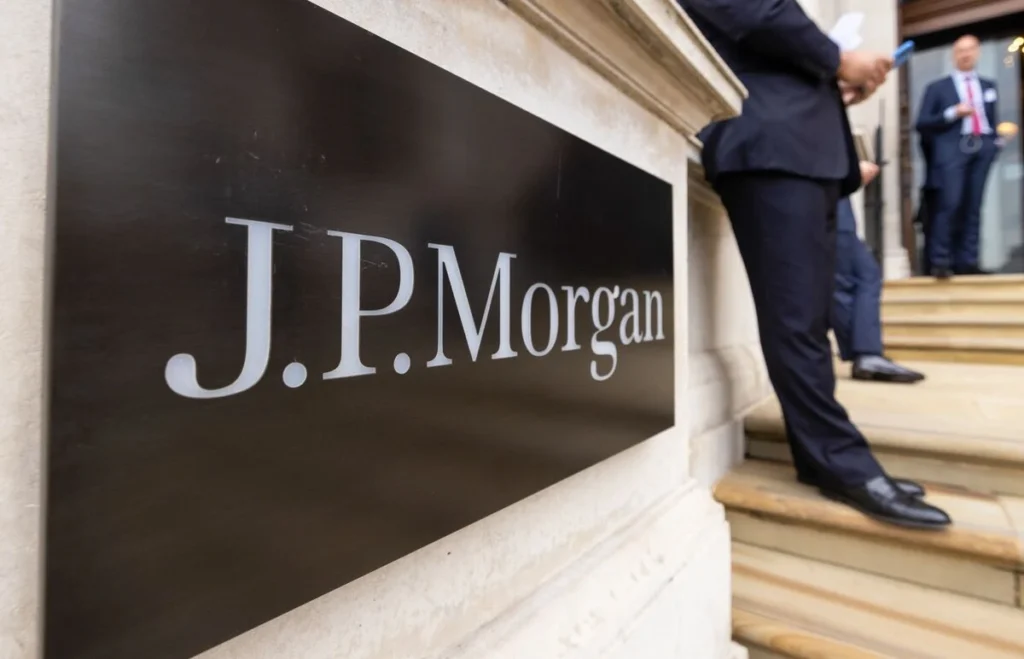


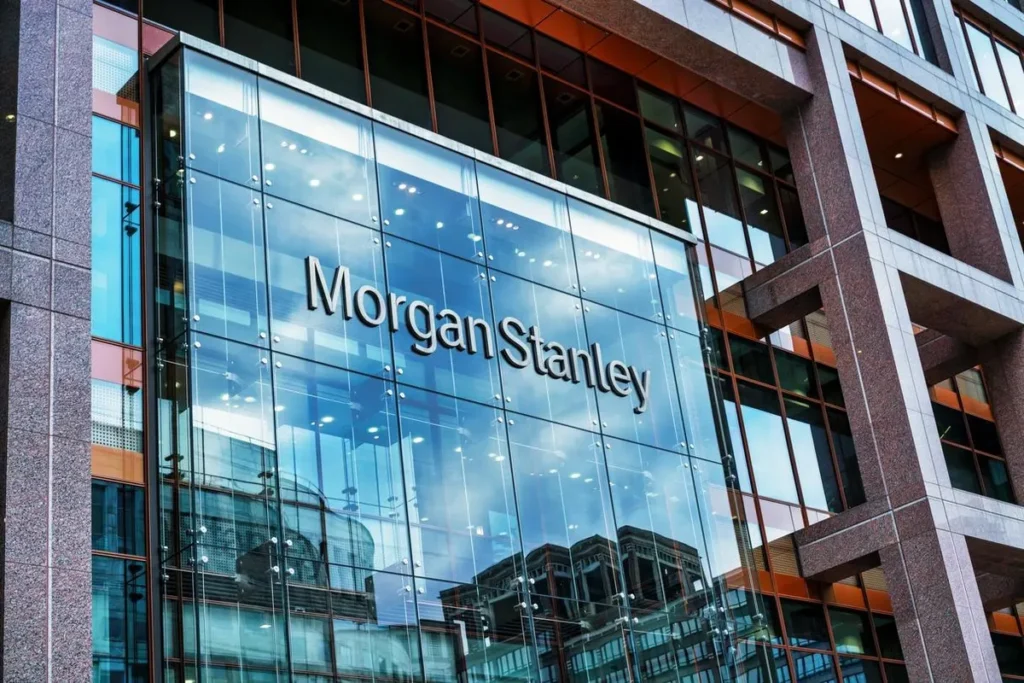
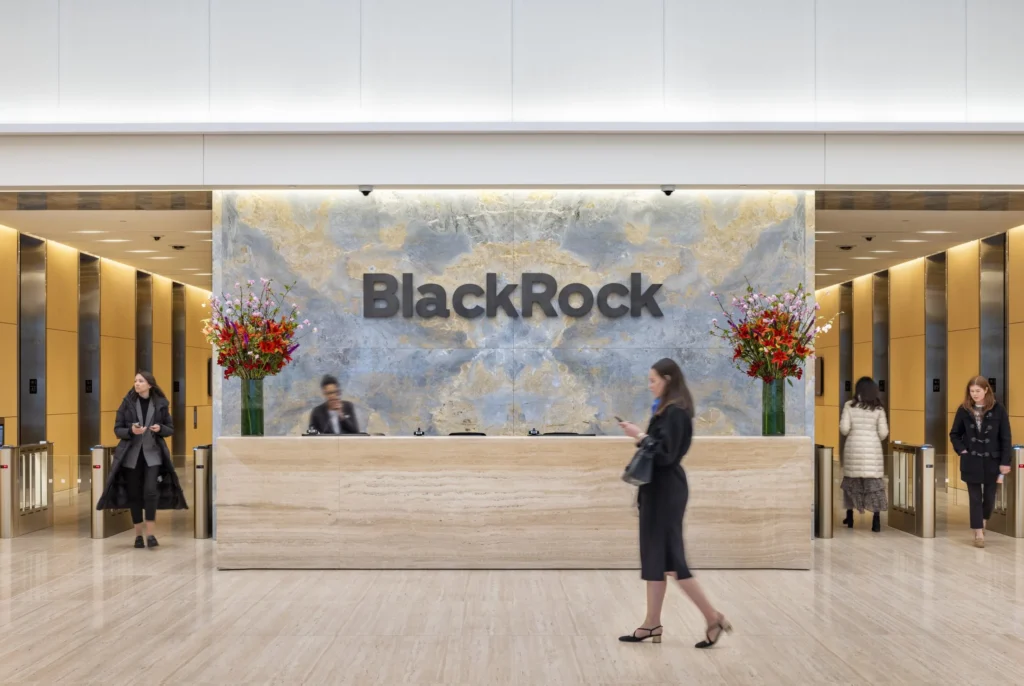



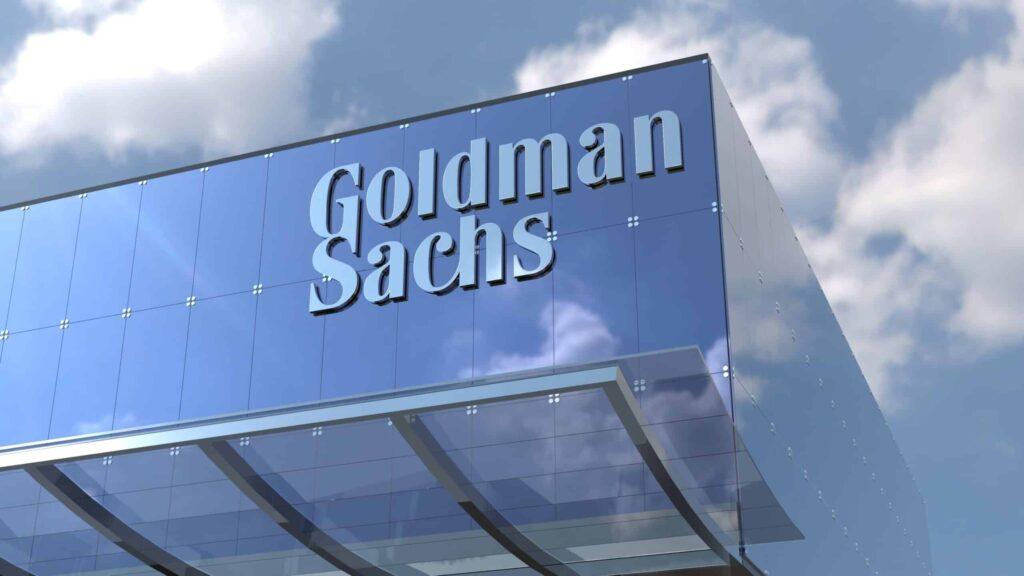
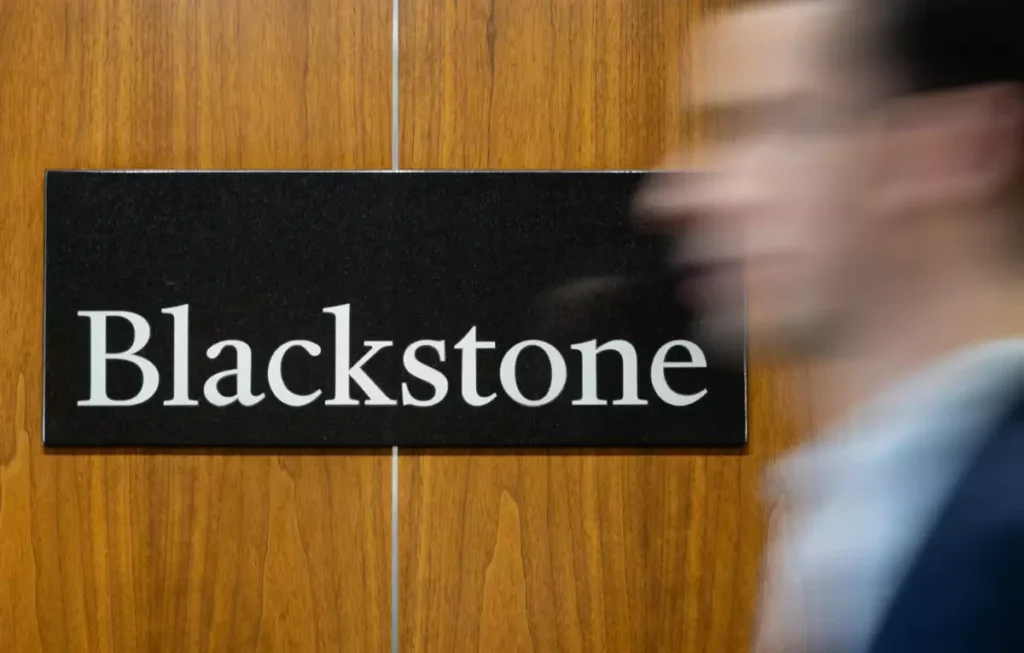
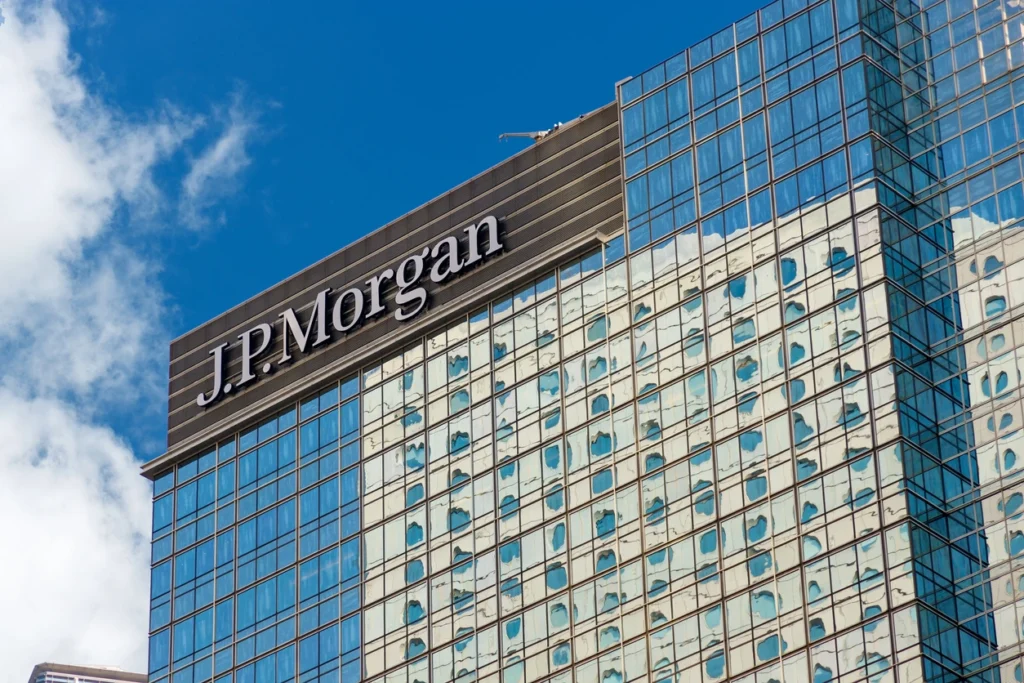
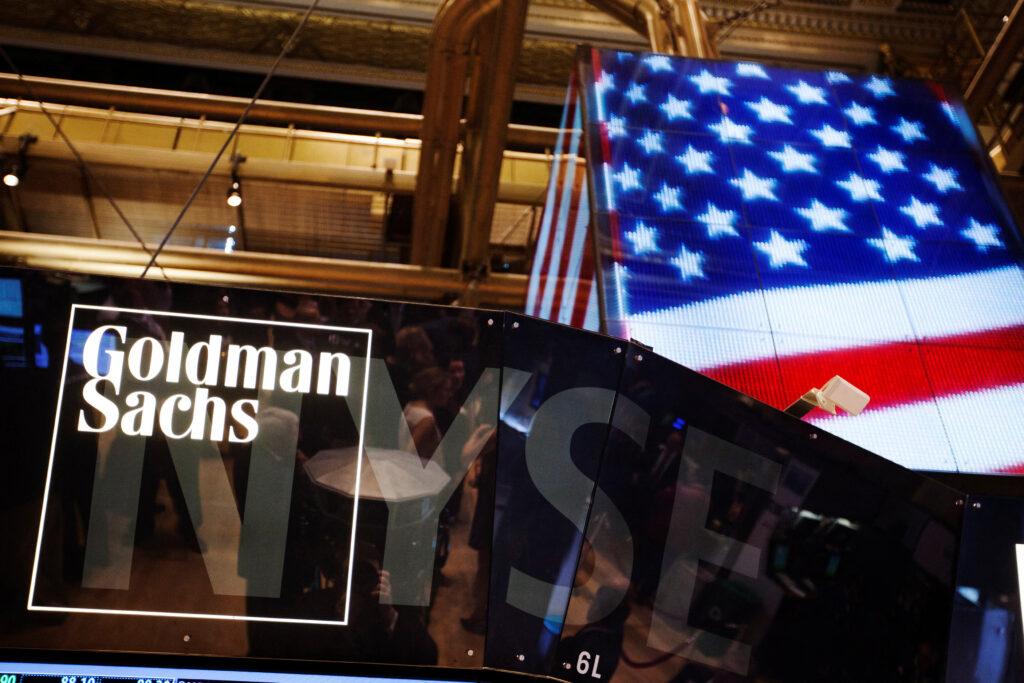
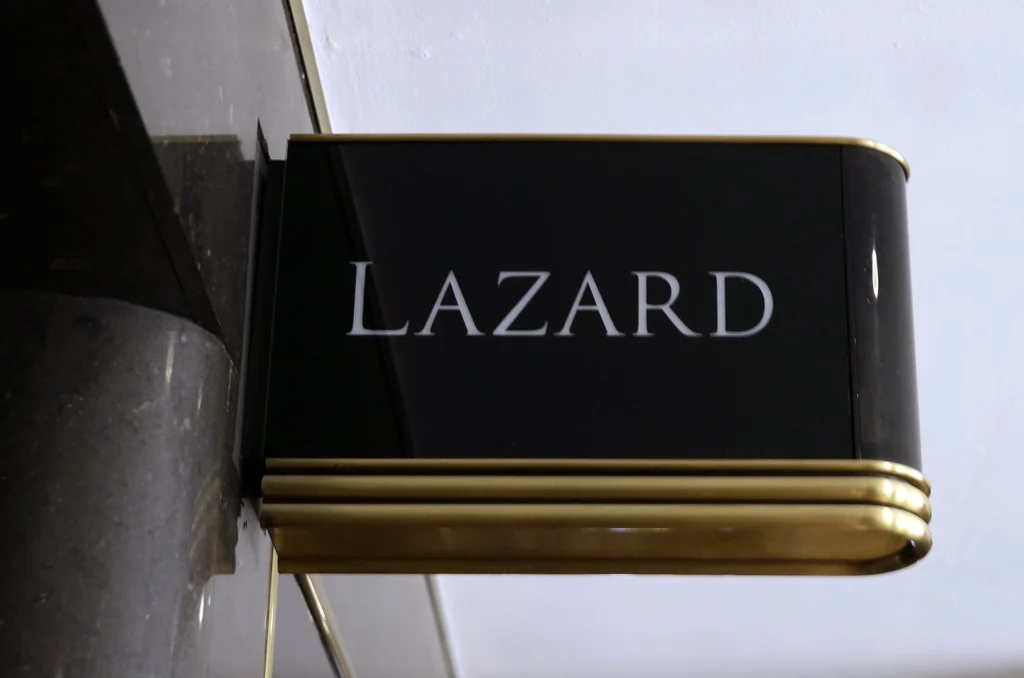






Continue with Facebook Continue with Google